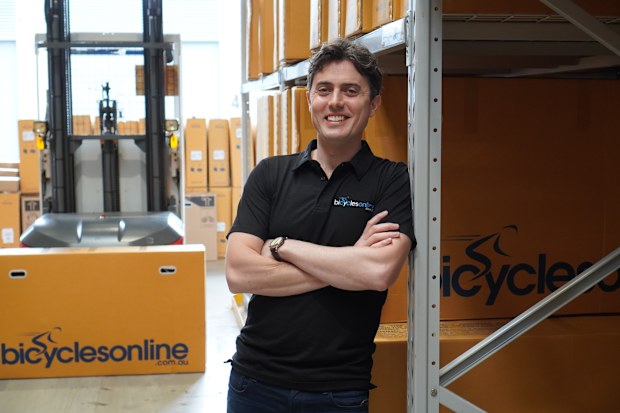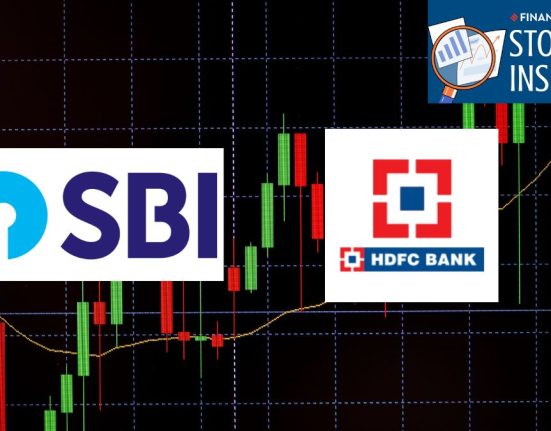“The amount of local businesses exposed to cross-border business is increasing but beyond that, they’re all dealing with a range of cost challenges, as well as growing complexity in running their businesses – lots of different software, regulation, changing expectations of customers and suppliers, and so on,” Malcolm says.
For OFX who offer an integrated financial platform for SMEs, reducing that complexity and lowering costs “is the number one way we can help”.
“We can partner with SMEs to bring costs down, simplify and automate a lot of the manual tasks, thereby taking that complexity away, and of course they’ll get world-class cross-border payments in the mix as well.”
Malcolm says that while the cost of cross-border payments is very high with banks, OFX has turned its attention to tackling the complexity because it can be the single biggest drag on the productivity of an SME.
“The more complex financial operations are, the harder it is for businesses to spend time on what they do well.”
“Our platform allows SMEs to automate those mundane tasks, and those tasks that create all that extra work and once they can be integrated and automated, the people in a business are freed up to go work on the stuff that they need to work on,” adds Malcolm.
For example, the OFX platform allows clients to ingest all their invoices and will categorise them all for GST purposes.
Moreover, it all syncs up with a business’s accounting software and their bank, so they don’t have to change those arrangements, just makes them more integrated. That simplicity, convenience and integration explains why so many SMEs prefer partnering with OFX over traditional banks.
Secondly, OFX’s foreign exchange offering significantly reduces costs, being three to five times cheaper than a bank. This not only lowers complexity but also appreciably cuts expenses and, importantly, saves time. Furthermore, OFX provides ways for SMEs to reduce risks associated with currency volatility, empowering them to run their businesses with greater confidence.
“Our clients are saying, ‘it’s just so much time saved’ which is another cost. For example, if they’ve got a fixed amount of bandwidth and they’re using 50 per cent on low-value tasks and you can take that down to 10 per cent, that reinvestment in growth tasks is a game-changer for SMEs,” Malcolm says.
A case in point is online bike retailer BikesOnline, which employs around 80 people and expanded internationally in 2019.
With operations across Australia, the US, Asia, and Central and South America, it deals with multiple currencies and payment methods.

BikesOnline co-founder Jonathon Allara.
Co-founder Jonathon Allara says some of the challenges the OFX platform allows them to tackle include simplifying the complexity of multichannel and international payments, as well as managing foreign exchange rate volatility.
BikesOnline uses the OFX platform for its payments processing, including forward contracts, corporate cards, and expense management, and Allara says it has improved the company’s operational efficiency and provided more control and compliance over its financial operations.
“We do a lot of forward contracts in the forex space so we can have predictability and accurately forecast our costs for products that we bring into our markets,” Allora explains.
He continues: “Operating across multiple markets means there’s lots of different payment methods, lots of different currencies, lots of regulatory requirements that we need to also be across and making sure that we have that seamless experience for our suppliers and our partners and our employees and customers is something OFX delivers.
“The operational efficiency that we’ve been able to gain from the OFX platform has been huge,” Allara states. “It consolidates all the payments, all our approvals, our corporate cards and our expense management into a single user-friendly system that our team finds really good to work with.”
Allara says it’s a huge improvement on what they were doing before, where there was a lot of double handling across multiple platforms.
“Now we’re seeing all our domestic payments and local suppliers going through OFX so whether it’s local or international, it’s all on one platform. It integrates with Xero and our bank and our accountants love it and if the bean counters are happy, it makes me happy,” he adds.
Malcolm concludes that BikesOnline is a great example of OFX partnering with a local SME to help them bring costs down, take complexity away, and “get world-class cross-border payments in the mix as well”.
He adds that, like BikesOnline, “we are very proud to be Australian, and we’d love to partner with more SMEs who are on their global journey.”
For more information, click here.







